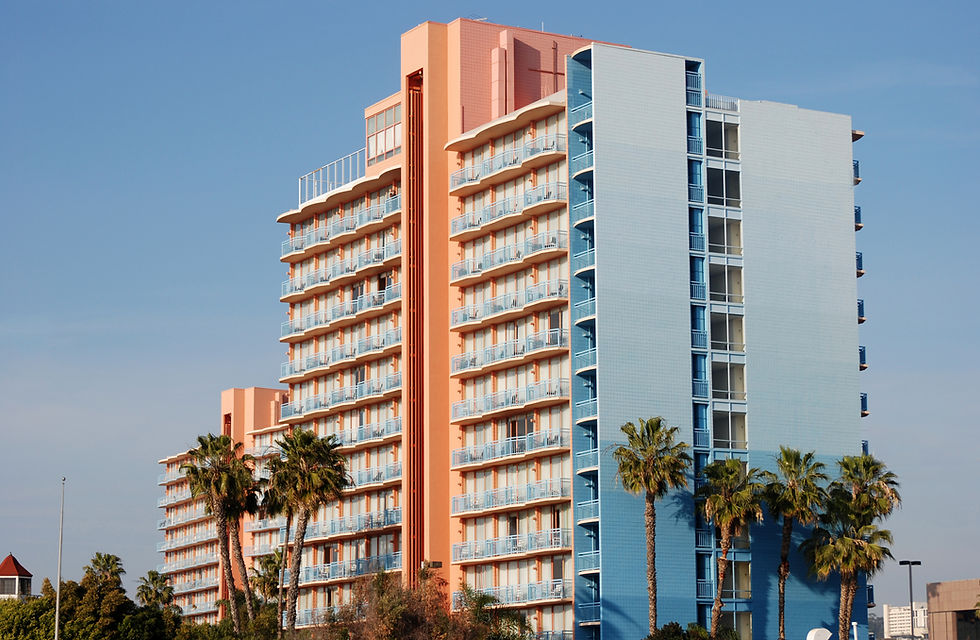The hotel market in Europe is exploding due to the combination of the high number of developments, the appetite of investors, the available capital and operators’ willingness to expand. Investors, who previously would not have considered hospitality asset classes an acceptable investment opportunity are now leaving their comfort zone and starting to invest in hotels, serviced apartments and the like. As markets, such as CEE, mature and become more stable, yields are starting to drop, leaving investors high and dry with their previous yield expectations. With all these factors at play, investors are scurrying to secure deals that seem acceptable and compatible with their pre-defined investment strategies and sellers are increasingly likely to put speculative premiums on their assets, further widening the gap between the sellers’ and buyers’ expectations.

Hospitality is a highly complex industry and one that is difficult to navigate even by experienced investors. The many stakeholders and their respective interests in the constellation of a hotel could be a handful. Within the bounds of a hotel management agreement, for instance, the owner is set on maximising their returns on the asset, while the operator has the position of its brand and growth potential in mind parallel to profit maximisation. Add to that the fact that most investors are not necessarily hospitality-savvy, but have rather a financial or investment background instead.
Finding out-of-the-box avenues to investments in the industry requires extra effort and analysis of risks and returns. Without trying to sound like a textbook, consider the three main investment approaches:
Core investments are usually low risk and moderate return investments. In a hospitality context this would mean buying a hotel, operated by a well-known operator, preferably with a lease contract and collecting the annual lease.
The opportunistic approach would see you buying a hotel real estate in a booming market or a market that is yet to grow. With the right information this approach can earn you the highest return as one of the first movers. The risks associated with this approach, however, are usually too much for most investors to stomach.
The value-add approach falls neatly in between the previous two. It does not require you to predict the future or gamble with your or your investors’ money. The key success factor in this is doing your homework and working with somebody who knows the industry well. Buying a reasonably well-run hotel with upside potential after a thorough due-diligence and creating upsides and re-selling the asset might be the balance between returns and risks that are acceptable to most investors.
Hotel asset managers can be a great facilitator of value-add investments in the hospitality industry. They are industry professionals with a background in both hotel operations, as well as real estate management. Employed by the owner, they strive to create win-win solutions between ownership and operations, while seeking to maximise their clients’ return. During the holding period they are able to do the following:
Support both parties with resources and know-how. As professionals in hospitality, they feed the owners with information regarding the performance of the operator and give expert advice on needed steps. With their know-how and bird’s eye view they can support the hotel management when working on projects such as re-structuring, re-organisation and turnaround.
They ensure that the communication between the parties is seamless. Reporting to the owner on monthly performance and acute issues in the hotel’s life as well as clearly communicating the owner’s goals and objectives to the management are part of an asset manger’s daily work.
Maintaining a good working relationship. Should tensions arise, the hotel asset manager is the natural mediator to resolve the issues. Having an overview of both parties’ views, they are able to get to the bottom of conflicts quickly and efficiently.
With these tools at hand, a hotel asset manager can be a great way to make value-add investments work for the investors. After a consultation with the asset manager, the investor can create a clear roadmap. They might suggest to rent out unused areas, cut costs, invest in digital services, bring in a new gastronomic concept in order to increase the bottom line. An asset, that does not necessarily show on face value, may be ripe for upgrading or reorganisation and could reach significant profits upon sale within a 5-10 year holding period.

Comments